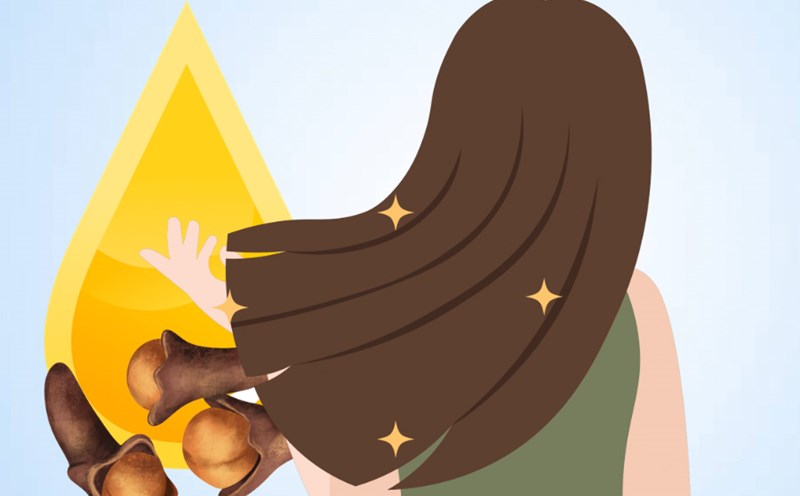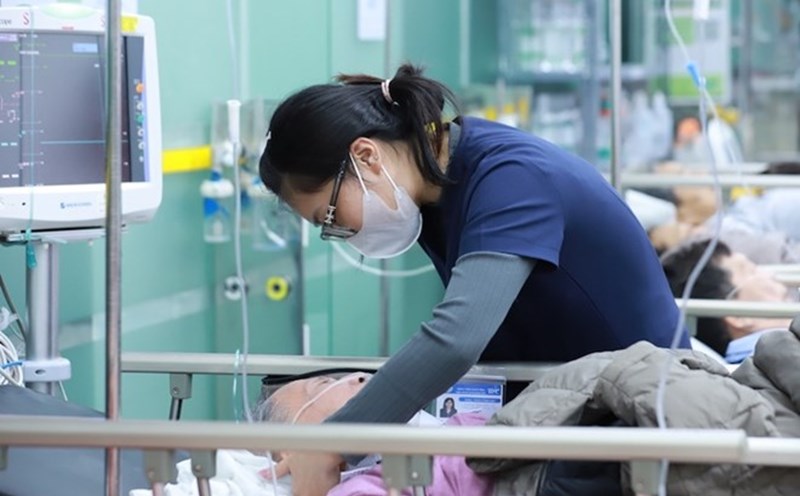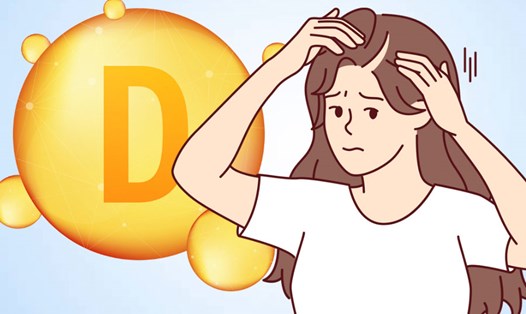What is the scalp microbiome?
According to Dr. Pravin Banodkar, a dermatologist at Skin beyond borders (Mumbai, India), the scalp microbiome includes bacteria, fungi and other microorganisms that live on the scalp surface. They play an essential role in:
Maintain a balanced pH for the scalp
Adjusting oil production
Preventing the growth of harmful bacteria and fungi
Protect and maintain normal hair follicle function
When this microbiome is stable, a healthy scalp will help hair grow firm and reduce problems such as dandruff or dermatitis.
The impact of an unbalanced microbiome on hair loss
When the balance of the microbiome is disrupted, harmful bacteria or fungi can grow excessively, causing a series of scalp and hair problems such as:
Chronic scalp inflammation: Bacteria and fungi cause inflammation that damages hair follicles, hindering natural hair growth.
Hair follicle blockage: Oily and dirty foods build up harmful microorganisms, clog hair follicles and reduce nutrient supply.
Hair growth cycle disorder: Unhealthy scalps disrupt hair growth cycles, making hair weak, thin and prone to drops.
Scalp and secretive dermatitis: These conditions are often accompanied by microbial imbalances, causing itching, peeling, and prolonged hair loss.
Signs of an unbalanced scalp microbiome
You may notice the following signs if your scalp microbiome is disrupted:
Scalp or scalp scaly appearance
continuous itchy, uncomfortable scalp
The scalp is too oily or dry
Unpleasant odor from scalp despite regular cleaning
Loss of hair or breakage
Acne or redness on the scalp
These manifestations show that scalp health is being seriously affected and needs proper care.
How to rebalance the scalp microbiome
According to Dr. Banodkar, you do not need to take strong treatment measures but just change your scalp and hair care routine to a healthy direction:
Choose the right care product: Use a mild shampoo that does not contain sulfates, paraben or heavy silicone to avoid damaging the microbiome and scalp.
Supporting nutrition: Supplementing foods rich in omega-3, zinc, vitamins A, D, E and probiotics helps nourish a healthy microbiome from within.
Do not wash your hair too often: Wash your hair 2-3 times a week to keep your scalp clean without losing the natural oils needed for hair follicle health.
Daily scalp massage: Gentle massage helps increase blood circulation, promote nutrient circulation and balance the amount of natural oils on the scalp.
Limit heat and damaging hairstyle: Avoid using too much heat from a dryer, press or tie your hair too tightly to reduce pressure on hair follicles and maintain a stable microbiome.











